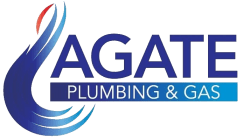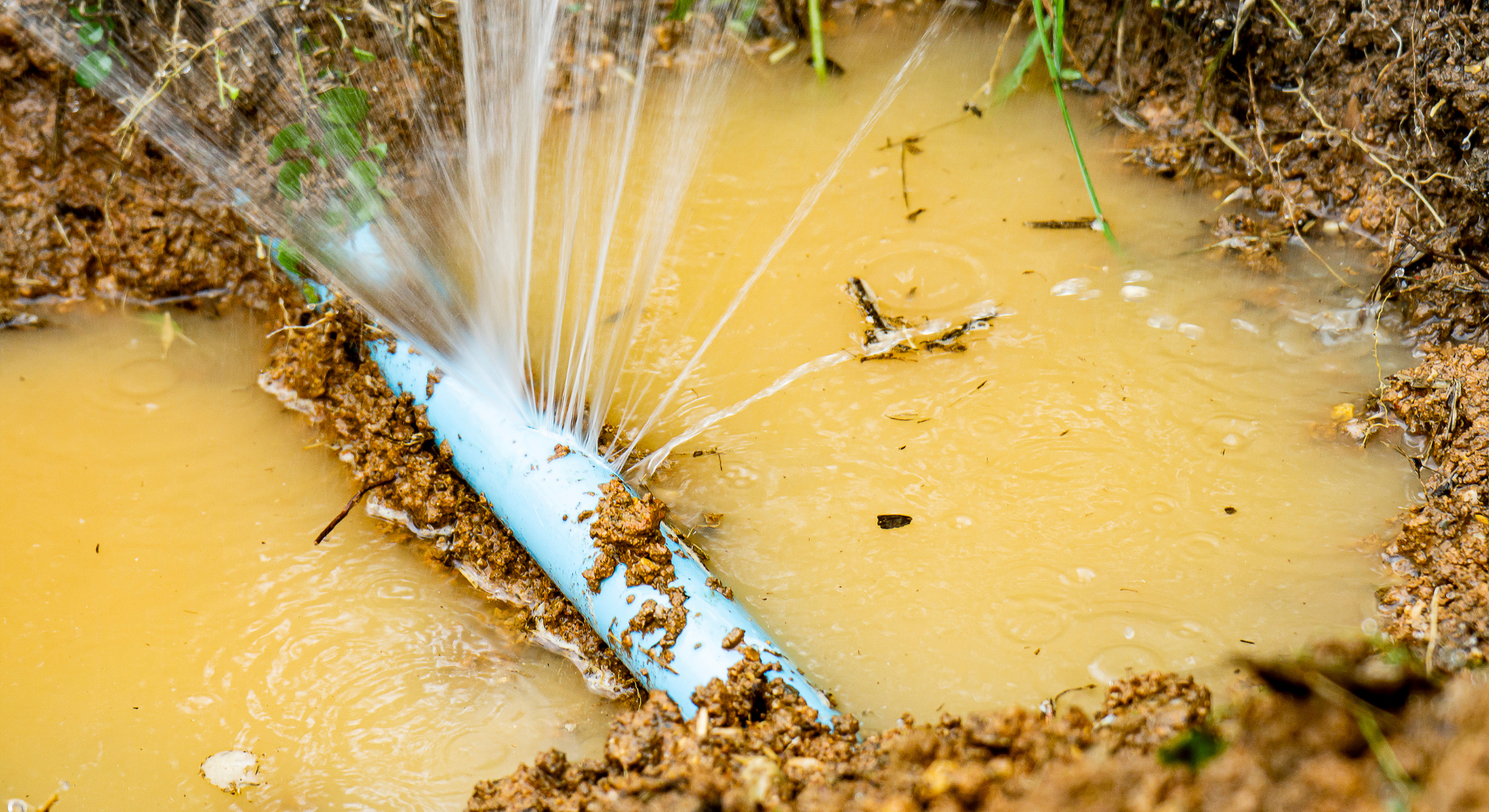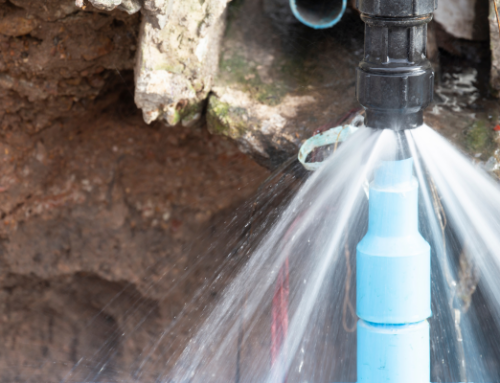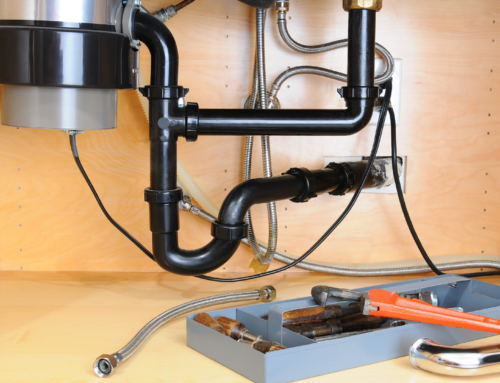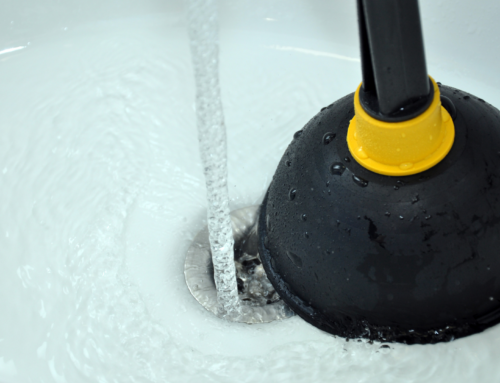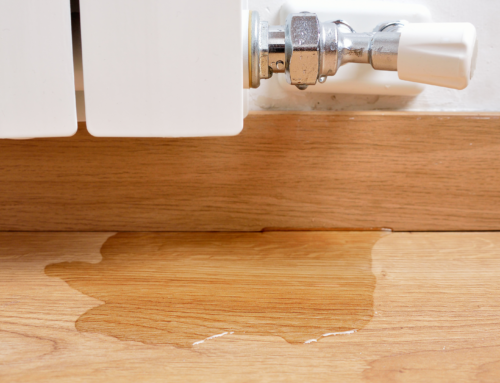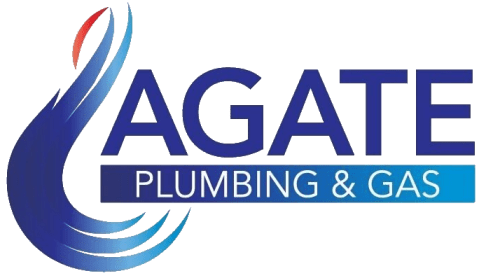The Vital Role of Plumbers in Safeguarding Water Quality
Water, an indispensable resource for life, plays a crucial role in our daily activities. Ensuring its quality is of paramount importance to safeguard public health. While many factors contribute to water quality, the role of plumbers is often underestimated. Plumbers like Agate Plumping, the unsung heroes of the water supply system, play a pivotal role in maintaining and improving water quality.
The Importance of Water Quality
Ensuring good water quality is of paramount importance due to its direct and profound impact on various aspects of human life, public health, and the environment.
The provision of safe drinking water is fundamental in preventing the spread of waterborne diseases. Contaminated water sources can harbour harmful pathogens, posing severe health risks to communities. Water quality is also intrinsically linked to the health of aquatic ecosystems. Pollution and the introduction of harmful substances can disrupt the balance of these ecosystems, leading to the degradation of biodiversity.
In essence, the pursuit of good water quality is not merely a technical or scientific endeavour but a shared responsibility. It requires collaborative efforts from individuals, communities, and industries. Let’s take a look at some of the various ways in which plumbers contribute to the safety and purity of our water supply.
Installation of Quality Plumbing Systems
The installation of quality plumbing systems is a fundamental responsibility of plumbers, and it plays a pivotal role in maintaining the integrity of the water supply. Agate Plumbers are not only skilled in fixing leaks and unclogging drains but are also experts in designing and installing plumbing systems in residential, commercial, and industrial settings. This crucial task involves meticulous planning such as:
Material Selection: Plumbers are trained to select materials that are not only durable but also safe for conveying potable water. High-quality pipes, fittings, and fixtures that comply with industry standards are chosen to minimise the risk of corrosion, chemical leaching, and other potential sources of contamination. Copper, PVC, and PEX are commonly used materials known for their reliability and safety in plumbing systems.
Adherence to Codes and Standards: Plumbers are well-versed in local building codes and plumbing standards. They ensure that every aspect of the plumbing installation meets or exceeds these regulations. This includes proper sizing of pipes, correct slope for drainage, and compliance with safety codes related to the protection of potable water.
Prevention of Cross-Contamination: Cross-contamination, where non-potable water sources mix with the clean water supply, is a significant concern in plumbing systems. Plumbers strategically design and install systems to prevent cross-connections between potable and non-potable water sources. This involves the use of backflow prevention devices, air gaps, and other safeguards to maintain the purity of the water supply.
Corrosion Prevention: Corrosion in plumbing systems can introduce harmful substances into the water supply. Plumbers employ corrosion-resistant materials and coatings to mitigate the risk of corrosion. Additionally, they may install sacrificial anodes or other protective measures to prolong the lifespan of the plumbing infrastructure.
Identifying and Repairing Leaks
Identifying and repairing leaks is an important aspect of a plumber’s role in safeguarding water quality. Water leaks not only result in the wastage of a precious resource but also present a potential threat to the purity of the water supply. A plumber can prevent the infiltration of contaminants into the water system in the following ways:
Early Detection: Plumbers are trained to employ various methods for early leak detection. This includes the use of advanced tools such as leak detectors, pressure gauges, and thermal imaging cameras. By promptly identifying even minor leaks, plumbers can prevent these issues from escalating into larger, more damaging problems that could compromise water quality.
Preventing Contamination: Leaks provide an entry point for contaminants, including bacteria and chemicals, to infiltrate the water supply. Plumbers understand the potential risks associated with water contamination and prioritise swift action to seal leaks. Whether in residential, commercial, or industrial settings, their expertise allows them to identify and address leaks before they have a chance to compromise the quality of the water.
Repairing and Sealing Leaks: Once a leak is identified, plumbers use their skills to determine the most appropriate and effective method of repair. This may involve replacing damaged pipes, sealing joints, or applying suitable repair materials. The goal is not only to stop the leak but also to ensure a durable and reliable solution that minimises the risk of future leaks.
Preventing Structural Damage: Beyond water quality concerns, leaks can lead to structural damage to buildings and infrastructure. Plumbers work to mitigate these risks by addressing leaks promptly, and preventing issues like water damage, mould growth, and compromised building integrity. Timely repairs not only protect water quality but also contribute to the overall safety and longevity of the structure.
Conservation of Water Resources: In addition to preserving water quality, addressing leaks is crucial for the conservation of water resources. Plumbers recognise the importance of minimising water wastage, and their prompt response to leaks contributes to sustainability efforts by preventing unnecessary depletion of water supplies.
Education and Prevention: Plumbers also play an educational role in informing property owners about the importance of leak detection and maintenance. They may provide tips on how to spot potential leaks, such as monitoring water bills for unexpected increases or being vigilant for signs of water damage. By promoting awareness and preventative measures, plumbers empower individuals and businesses to take an active role in preserving water quality.
Backflow Prevention
Backflow prevention is a crucial aspect of plumbing that involves safeguarding the integrity of the water supply by preventing the undesirable reversal of water flow. Backflow occurs when the normal flow of water is reversed, allowing contaminants and pollutants to enter the clean water supply. Plumbers play a pivotal role in addressing this potential hazard through their training in the installation and maintenance of backflow prevention devices. Some common examples include:
Air Gaps: An air gap is a physical separation between the water supply and potential sources of contamination. It is one of the simplest and most effective methods for preventing backflow. Plumbers ensure that adequate air gaps are maintained in plumbing systems to eliminate the risk of cross-contamination.
Backflow Preventer Valves: These mechanical devices are installed in plumbing systems to allow water to flow in one direction only. They contain valves that automatically close if there is a change in water pressure, preventing the reversal of flow and the entry of contaminants.
Reduced Pressure Zone (RPZ) Devices: RPZ devices are advanced backflow preventers that provide an additional layer of protection. They have two check valves and a relief valve that create a barrier, preventing contaminated water from flowing back into the clean water supply.
Installation of Water Treatment Systems
The installation of water treatment systems is a specialised area that plays a critical role in improving and maintaining water quality. In certain cases, relying solely on the natural purification processes of municipal water treatment plants may not be sufficient to eliminate all impurities and contaminants. A plumber may offer their skills to install some of these various water treatment systems:
Water Filtration Systems: Plumbers are trained to install a variety of water filtration systems designed to remove impurities and particles from the water. These filtration systems can include activated carbon filters, sediment filters, and reverse osmosis systems. Activated carbon filters, for instance, are effective in removing chlorine, volatile organic compounds (VOCs), and other chemical contaminants, providing cleaner and safer water.
Water Softeners: Water softeners are another type of treatment system that plumbers are skilled in installing. These systems are designed to reduce the hardness of water by removing minerals such as calcium and magnesium. Hard water can cause scaling in pipes and appliances, reducing their efficiency and lifespan. Plumbers use water softeners to enhance water quality and protect plumbing systems and water-using appliances.
UV Sterilisation Systems: Ultraviolet (UV) sterilisation systems are utilised by plumbers to disinfect water by exposing it to UV light. This method is effective in killing bacteria, viruses, and other microorganisms that may be present in the water. UV sterilisation is a chemical-free and environmentally friendly process that contributes to the improvement of water quality.
Water Conditioners: Plumbers may install water conditioners to address specific water quality issues. These systems can target issues like acidity or alkalinity, providing a customised solution to improve overall water quality. Water conditioners may use various methods, including chemical additives or electronic devices, to modify the composition of the water and make it more suitable for consumption.
Heavy Metal Removal Systems: In areas where water may contain elevated levels of heavy metals such as lead or mercury, plumbers can install specialised systems designed to remove these contaminants. These systems may include ion exchange filters or other technologies that effectively reduce heavy metal concentrations in the water.
Agate Plumbing: Your Local Hero
Beyond the initial installation, plumbers like Agate are also involved in the ongoing maintenance of plumbing systems. Regular inspections and preventive maintenance help identify and address potential issues before they escalate. This proactive approach is essential in preventing unexpected failures that could impact water quality.
As we acknowledge the critical role of plumbers, it becomes evident that our efforts go beyond fixing leaks and unclogging drains—we are guardians of the water we depend on for our daily lives! We also happen to be professional, experienced, and good value for money. What more could you ask for? It’s time to get in touch.
